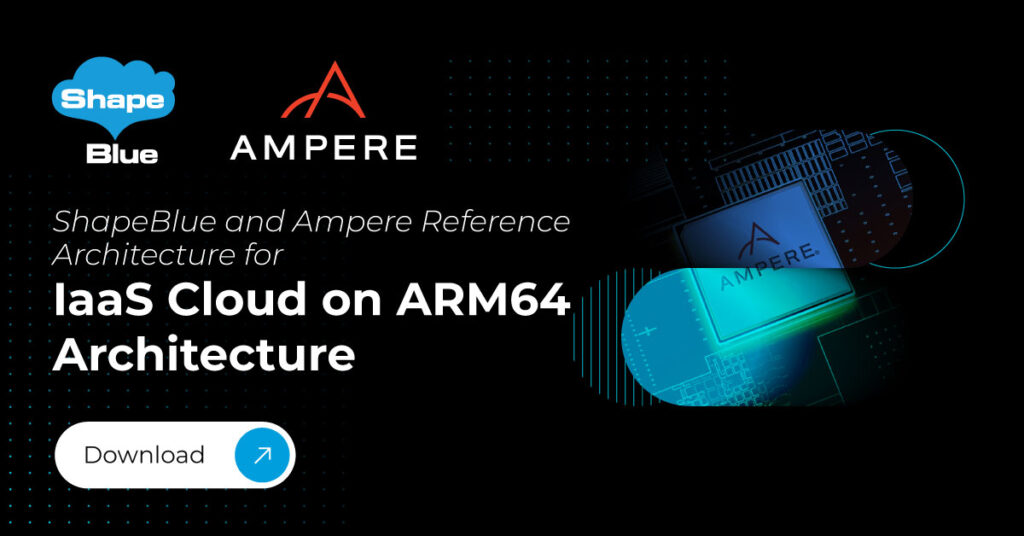The Apache CloudStack project has announced an advisory against CVE-2024-50386 (severity ‘Important’).
CVE-2024-50386: Directly downloaded templates can be used to abuse KVM-based infrastructure
Account users in Apache CloudStack by default are allowed to register templates to be downloaded directly to the primary storage for deploying instances. Due to missing validation checks for KVM-compatible templates in CloudStack 4.0.0 through 4.18.2.4 and 4.19.0.0 through 4.19.1.2, an attacker that can register templates, can use them to deploy malicious instances on KVM-based environments and exploit this to gain access to the host filesystems that could result in the compromise of resource integrity and confidentiality, data loss, denial of service, and availability of KVM-based infrastructure managed by CloudStack.
Affected versions
CVE-2024-50386:
– Apache CloudStack 4.0.0 through 4.18.2.4
– Apache CloudStack 4.0.0 through 4.19.1.2
Recommendation
CloudStack users are recommended to upgrade to Apache CloudStack 4.18.2.5 or 4.19.1.3, or later, which addresses this issue.
Additionally, all user-registered KVM-compatible templates can be scanned and checked that they are flat files that should not be using any additional or unnecessary features. For example, operators can run the following command on their file-based primary storage(s) and inspect the output. An empty output for the disk being validated means it has no references to the host filesystems. On the other hand, if the output for the disk being validated is not empty, it might indicate a compromised disk. However, bear in mind that volumes created from templates will have references for the templates at first and volumes can be consolidated while migrating, losing their references to the templates. Therefore, the command execution for the primary storages can show both false positives and false negatives.
for file in $(find /path/to/storage/ -type f -regex [a-f0-9\-]*.*); do echo "Retrieving file [$file] info. If the output is not empty, that might indicate a compromised disk; check it carefully."; qemu-img info -U $file | grep file: ; printf "\n\n"; done
For checking the whole template/volume features of each disk, operators can run the following command:
for file in $(find /path/to/storage/ -type f -regex [a-f0-9\-]*.*); do echo "Retrieving file [$file] info."; qemu-img info -U $file; printf "\n\n"; done
Credits
The CVE is credited to the following reporter – CVE-2024-50386: Kiran Chavala <kiranchavala@apache.org> (reporter)
Release Notes
The 4.18.2.5 and 4.19.1.3 release notes can be found at:
– https://docs.cloudstack.apache.org/en/4.18.2.5/releasenotes/about.html
– https://docs.cloudstack.apache.org/en/4.19.1.3/releasenotes/about.html
Please refer to https://www.shapeblue.com/cloudstack-packages/ for usage of ShapeBlue provided 4.18-based and 4.19-based LTS security patch releases. To apply these patches, use the ShapeBlue CloudStack 4.18 or 4.19 repositories to upgrade packages on the management server hosts and the KVM hosts. Post upgrade, admin users are also advised to destroy and recreate SSVMs in their zones.
Further information
For ShapeBlue support customers, please get in touch with the support team for further information. For other CloudStack users, please use the community mailing lists.
Ivet Petrova is the Marketing Director of ShapeBlue. She is responsible for strengthening ShapeBlue’s global brand and market awareness of ShapeBlue’s services. Specifically, Ivet’s team is responsible for brand, advertising, content and digital marketing, social media, and media relations.
Ivet is also an active member of the CloudStack community, working on increasing the awareness of the technology and showing its benefits to a wider market.
Ivet has 13+ years of experience in marketing for IT service providers including a number of cloud and hosting providers, storage companies, SaaS providers and software development companies. She holds a Masters degree in Marketing.
Away from work, Ivet is passionate about travelling around the world and exploring new cultures.





